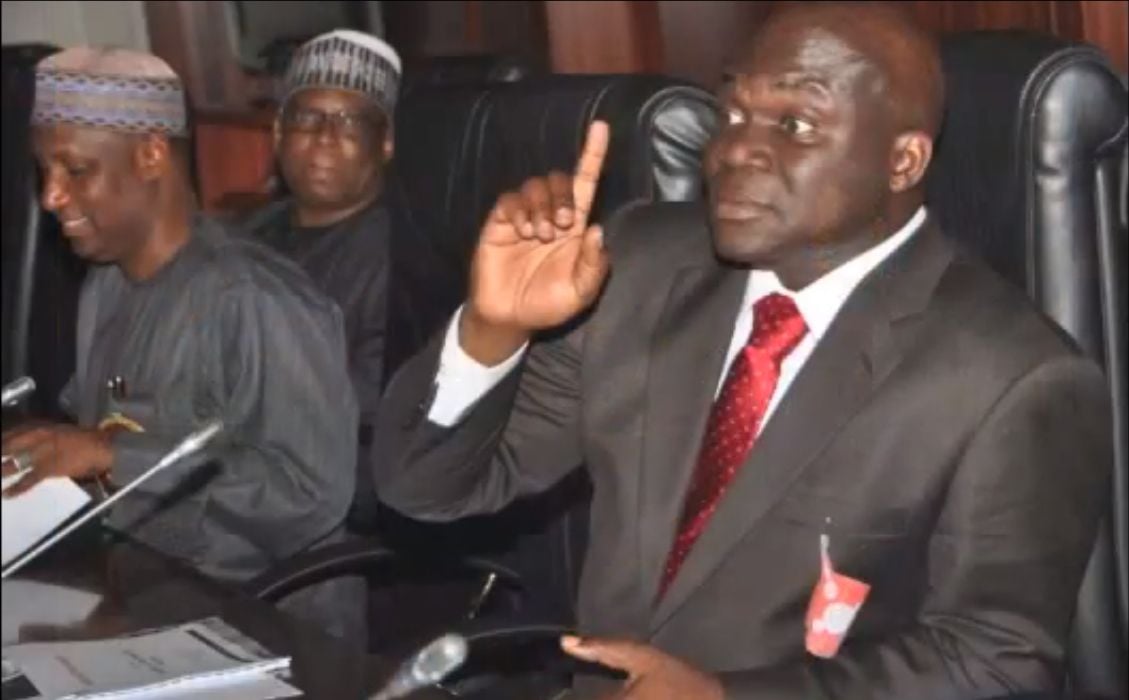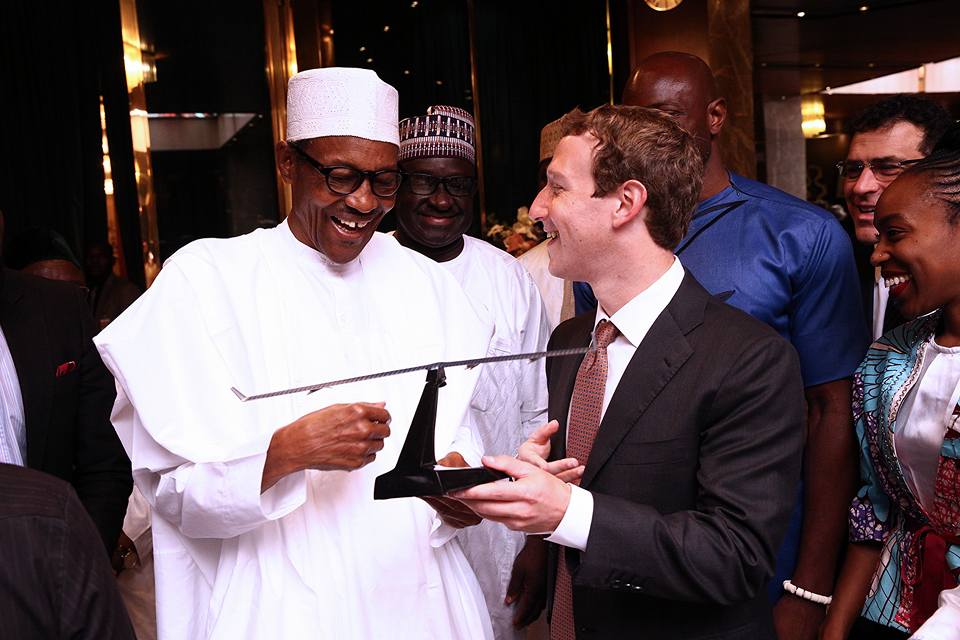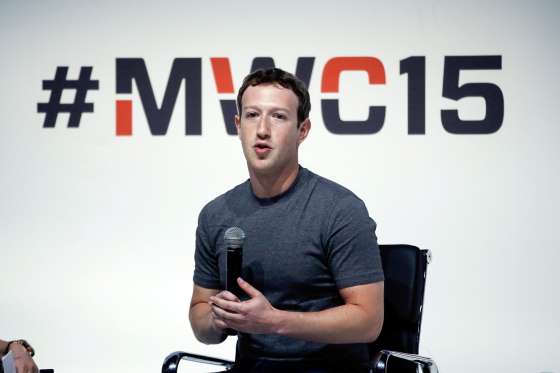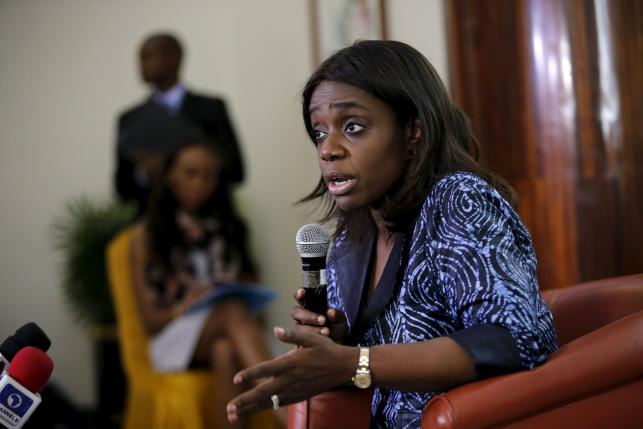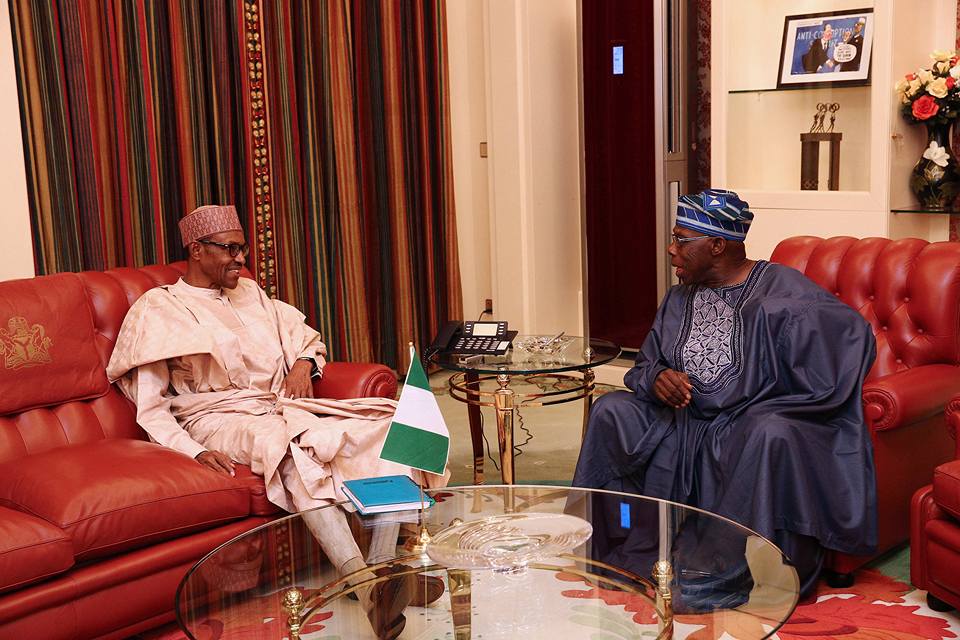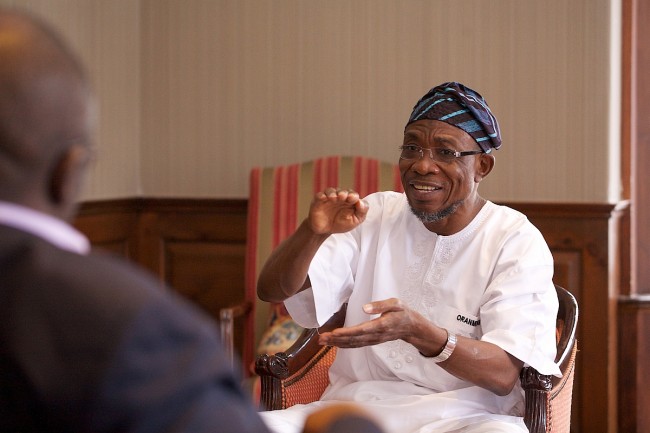Political communication is a specialised area of communication. It is multifaceted and has different audience to cater for. There are varied interests involved. Being a trained journalist may not just be enough. To do it well, there are are two routes. There is either on the job training or specialised training in the art and act. For on-the- job training, there are possibilities of making mistakes on the way but armed with specialised training before venturing, mistakes level can be reduced by 80%.
Aside from necessary skill, this role is better served by a person with good relational ability couple with huge breath of influencers networking skill. This is because political communications is a lane with lots of uncertainties. It calls for a high level of news management to reduce the level of uncertainties.
We should not forget the reason for these uncertainties. Some are not far from insincerity of the boss or policy frameworks and political terrain in Itself. Other reasons also include changes in regulations and the fact that the environment itself is not value-free. The issue of credibility, objectivity, impartiality and accountability are also very critical in Political communication terrain.
This does mean it is not just just a job for everyone who had been in the print and electronic media industry for long. It requires passion, knowledge of the environment and the playing ground rules. For us in Nigeria and in Africa at large, journalists or broadcasters are the first point of target when a new regime comes in. To some of the politicians also, it is a time to repay one good deed done during political campaign process or to appease a certain section of the national ethnics.
Advertisement
Fundamental issues involved are often ignored. It is even better if a trained journalist/communicator is hired. We have seen where medical doctor without prior communication experience were in charge of such a huge task. No wonder then we had the catastrophe of misconceptions, propaganda/falsehood been served as quality news.
While it has been agreed globally that political communication effectiveness will be based on context and environment, there are basic principles like the practice of Public relations and Journalism that do not change in any given context which need to be followed. A good point in support of different context is that certain political systems can curtail better practice. Political Spokesperson ‘ s job therefore need a lot of consideration before been ‘awarded or taken’.
A common issue which is often overlooked here is lack of understanding of the wide difference in structure, process and outcomes expected from a journalist in practise and a political Spokesperson’s profile. There is a need to consider the structure of this new environment and weigh personal capability in value delivery before venturing into it.
Advertisement
Political communication structure will demand you know a set of conditions where you are now playing which must be adhered to. With process in political communication comes with ordered actions of bureaucracy and redtapism. This may be different from what a journalist is used to in the former industry. Outcomes here are the goals, consequences of inaction as well as the processes involved.
A political communication expert or who we will refer to as spokesperson here is defined by Tenscher as a professional who works for a politician or political organization as a communicator but s/he is not holding office as as politician. Here,we will narrow this down to those who work for governments. The roles basically include image management, political public relations, information management and excellent media relations among others. The Spokesperson must also master the art of dealing with party people who will always be daily guests.
Part of the challenges of this position also is the shrewd knowledge require in balancing as well as addressing varied arguments which will be part of the position holder’s daily duties. Everyday, there will be performance argument from varied sectors or groups. Knowing the basis of this is important. The essence of performance argument is to put the government or politicians on their toes with regards to their promises. It will be good for the spokesperson to be aware of varied promises made by the party and politicians under what context in pre election time.
It is not out of place if the people or those concerned raise this argument. They demand accountability even though they do know many politicians do not keep their words. Throwing unnecessary tantrums here do not make you a professional. It is part of the job’s hazards and because you hold a position not as a politician does not exempt you from knowing what to say and how to say it right.
Advertisement
In addition to this, there is what is known as generic argument. In every setting, there are rules and regulations guiding actions and frameworks. Except in a docile environment where people do not know their rights, people must take up the government on rules of laws. A case of victimisation of opponents or those who do not support the boss in his/her foray into the government house as well as other unethical practice that may distort rule of laws must be addressed by those who know what but are not in the government.
We have seen cases where such opposing view holders are branded as government enemy or that of the state. A level of tolerance is required and this comes with knowledge as well as expertise. The third level of argument that political Spokesperson needs to know is the revolutionary argument which focuses more on the institution and not on the person. Although there is a thin line between the two yet they are separable. There is a President, Governor or whatever and there is an institution or office of the Presidency.In some cases, people focus on the institution and in such case the person holding the office may be affected.
If the lines are crossed in the three scenario presented above, it is easy to understand why many government with good wills within few months are swallowed up by bad reputation and ineptitude. Take for instance, the issue of Mrs Aisha Buhari and Governor Fayose’s needless attack. Aisha Buhari is not holding the office of the Presidency but that of the First Lady. A purported communication issued in one occasion brought the office into disrepute because of the level of language used and not necessarily the response.
Coming back to the real issue, challenges of Political Spokesperson can still be hindered by access to the boss and more importantly serving a boss who feels s/he knows it all and is not willing to listen. There are others issues we can raise here but let us now look at Political Spokesperson at the Federal level since the third Republic. We know many States political Spokesperson are existing by name alone except for few. So there is no need for consideration. At the inception of President Obasanjo, Doyin Okupe seemed to be prominent.
Advertisement
Two issues made him ineffective as he ought to be. Lack of hands-on experience or professional training as a communicator and serving a boss who many considered is highly intelligient than him and who would not listen or take professional advice. After him came the popularly acclaimed attack dog – Femi Fani-Kayode. Just the name (attack dog) itself is a misfit for this role. Opposing view were taken as the voice of the enemy even though they were saying the obvious.
A Political Spokesperson is not necessarily an attack dog. It is a calling which requires high level of intelligence gathering and demonstration of highly rated professional skills. We must acknowledged he survived the time because social tools had not become so prominently used as we have under President Obasanjo ‘ s successors.
Advertisement
President Yar’ Adua’ s administration was blessed with a more matured and cool headed Spokesperson who had access and enjoyed a cordial relationships with a listening boss. Though a journalist but in no way did he misrepresent the office. In few occasions, Mr Segun Adeniyi’s personal value influenced what he said or what should have been said. It was quite obvious in some instances where a need for his desire for not wanting to be misquoted made him remained silent. As a professional one expected him to take a position but he maintained the posture of ‘silence is golden’. We stand to be corrected.
For President Jonathan’s administration, Dr Abati was in charged. The environment was very different as he was at the helm of the affairs when opposition had grown wings and social communication tools had gained wider acceptance. He did his best. He came in as academics with years of experience as a journalist/writer. But once in in a while he appeared to be twisting the truth which stretched the limit of what one would have called diplomacy. Dr. Reuben Abati’s reputation suffered more in this position than when he was in the print industry. For want of time and space, let us conclude this by saying political communication is an art that must be learned an applied. To be the best, take the time to learn the rudimentary before venturing.
Advertisement
Olaito is a communication and media practitioner.
Advertisement
Views expressed by contributors are strictly personal and not of TheCable.
Add a comment

